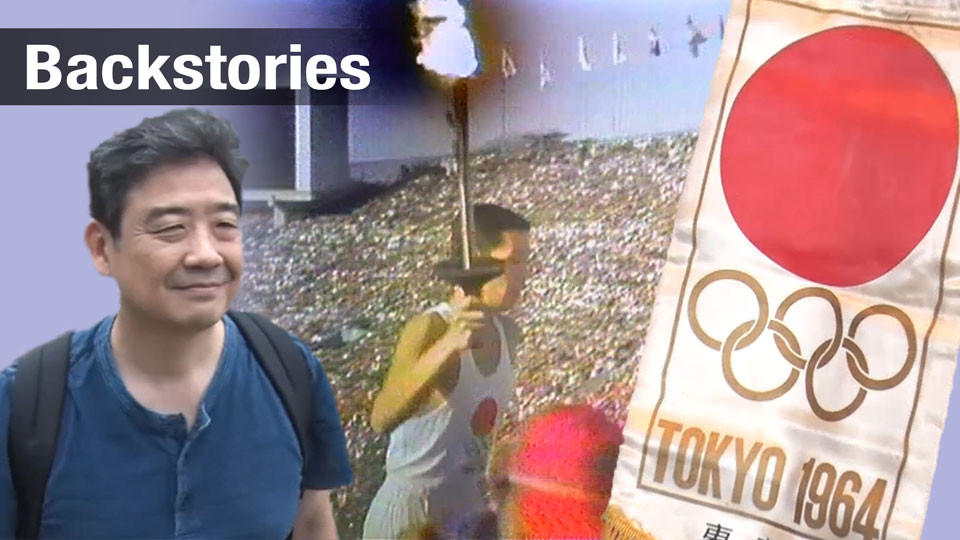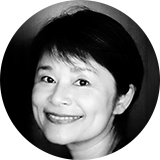Children of the First Tokyo Olympics
On October 10, 1964, I was just one year old and lived in Japan's second largest city, Osaka. Like Tokyo, the city had been ravaged by air raids during World War II. Nineteen years later, my parents, both school teachers, were in their late 20's, and their future looked bright. Japan had been rebuilding and many families were buying their first electric washing machines, refrigerators and TVs. The economy was growing fast and the Tokyo Olympics added an atmosphere of jubilance to their lives.
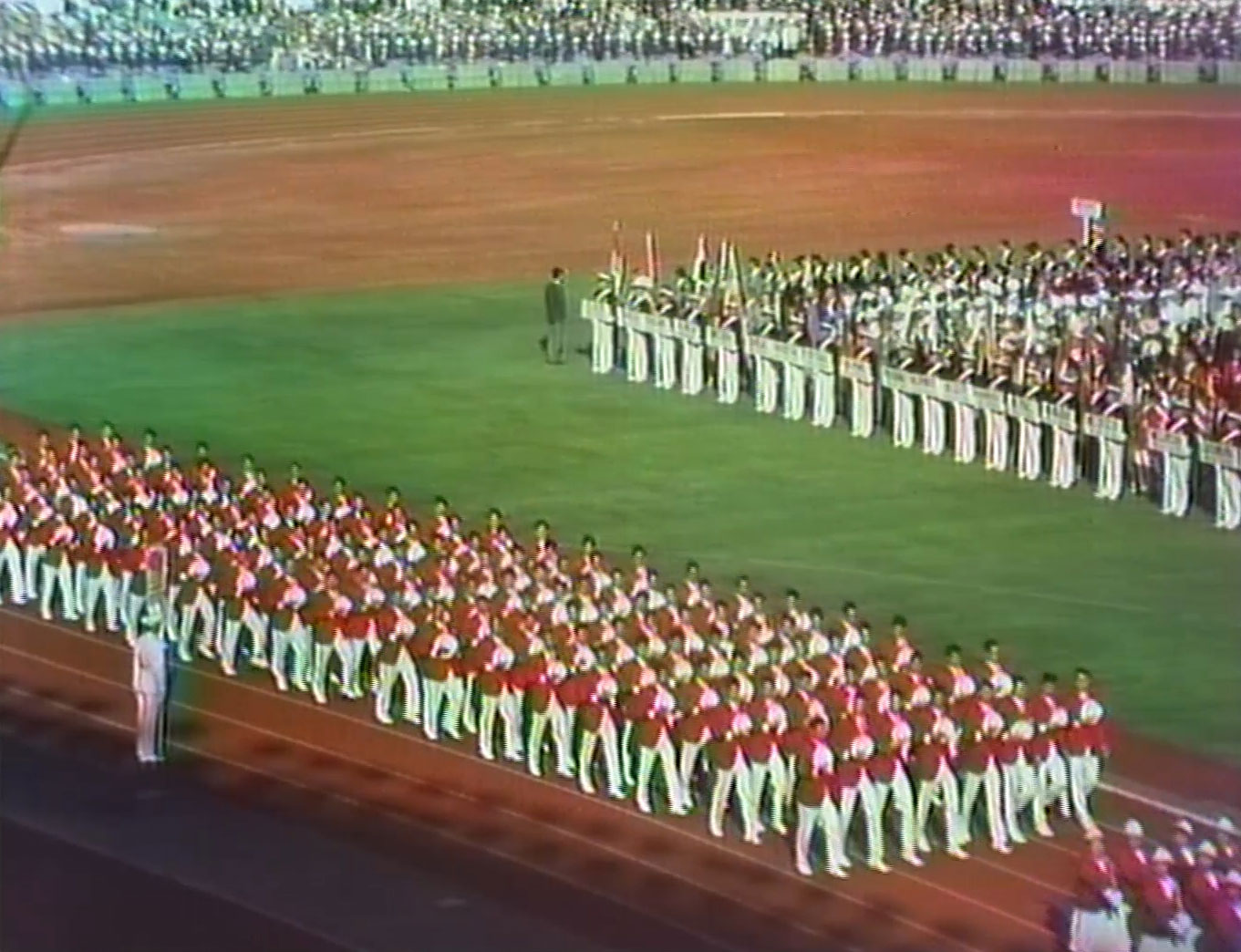
On the opening day of the Games, thousands of miles away in New York, Roy Tomizawa turned one year old. His father Thomas had missed his birthday. Thomas was a television news producer on assignment in Tokyo covering the Olympics. Born in California in 1929, he had grown up amid the anti-Japanese sentiment of the war years.
"It must have been such a proud moment for him," said Roy about his father broadcasting the Games from Tokyo for NBC television.
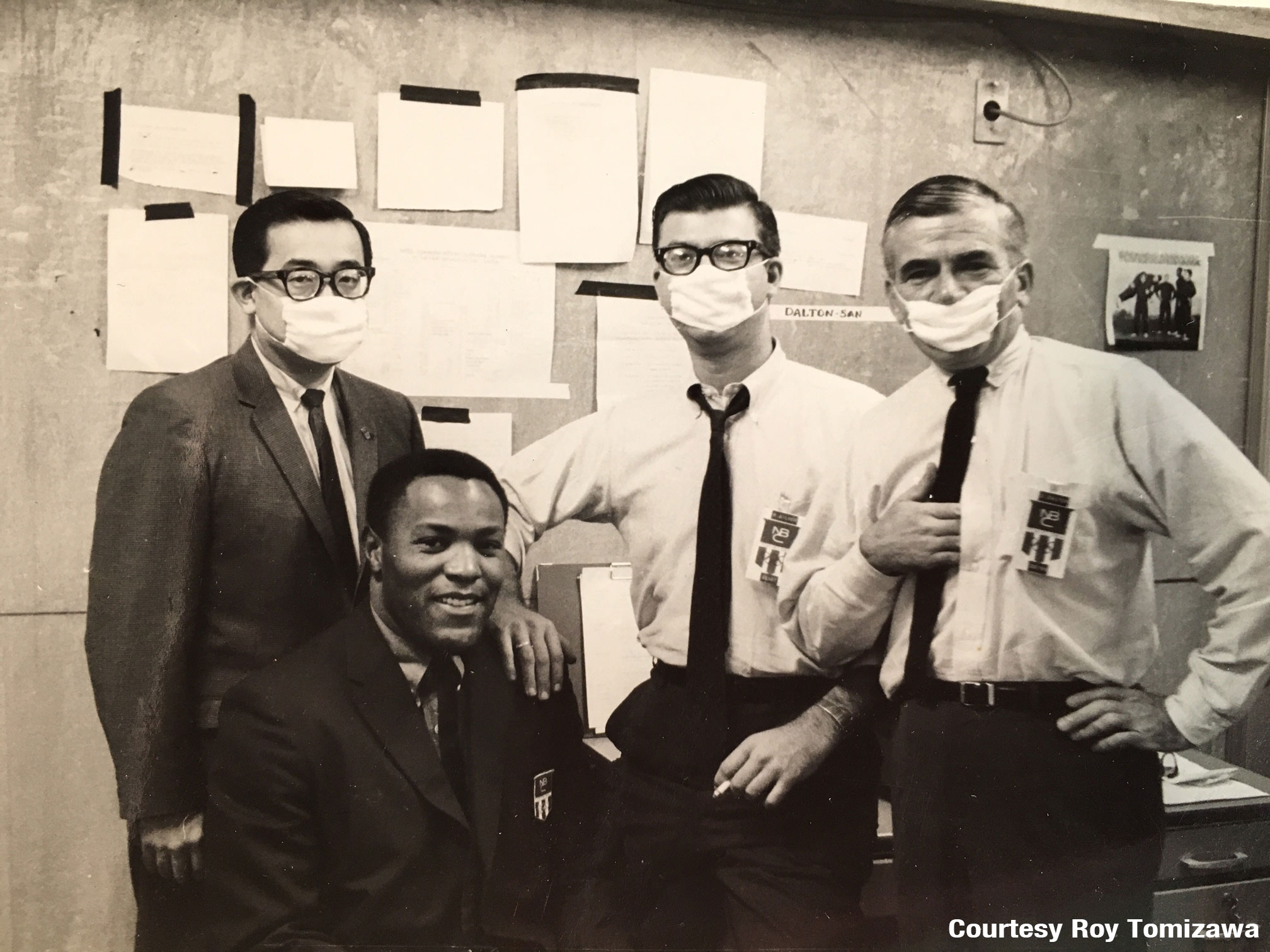
"The Greatest Year in the History of Japan"
Following in his father's footsteps, Roy landed a job as a newspaper reporter. Later, he moved into the field of business. That eventually brought him to Japan in 2014, one year after Tokyo had been selected again to host the Olympics.
Roy was fascinated with the 1964 Games. "I wanted to read books in English about what the Games had meant for Japan, but I couldn't find any, so I ended up writing one myself."
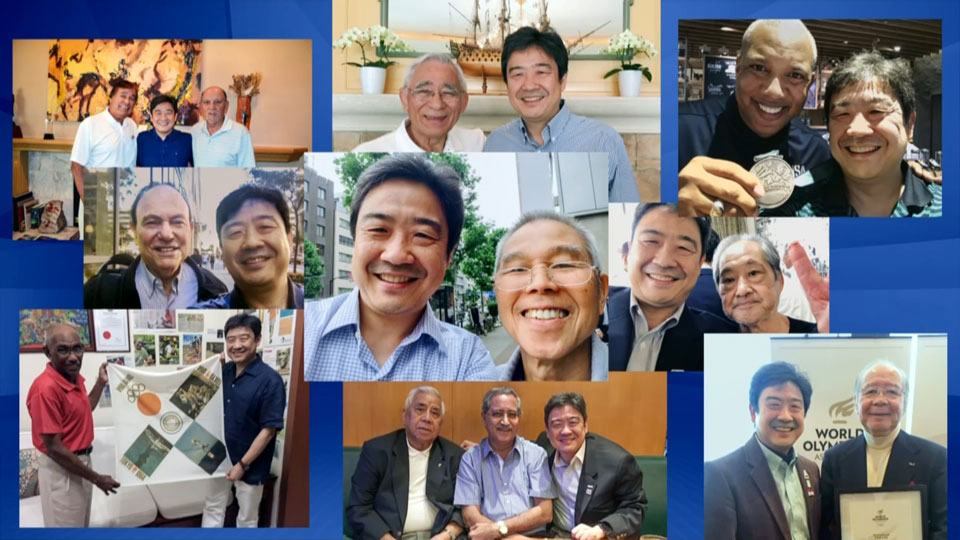
He spent the next 5 years tracking down and interviewing more than 70 former Olympians of various nationalities. His book "1964" is out, the contents of which I will not spoil for the reader here. But the biggest revelation for Roy was what he described as, "the infinite energy and curiosity of Japanese youth wanting to know the world." He said all the Olympians he interviewed felt this. They said young Japanese wanted to become friends with the athletes, and wanted them to tell the world that Japan was a new, modern, democratic country. Roy said he discovered that for many Japanese, 1964 was "the greatest year in the history of Japan."
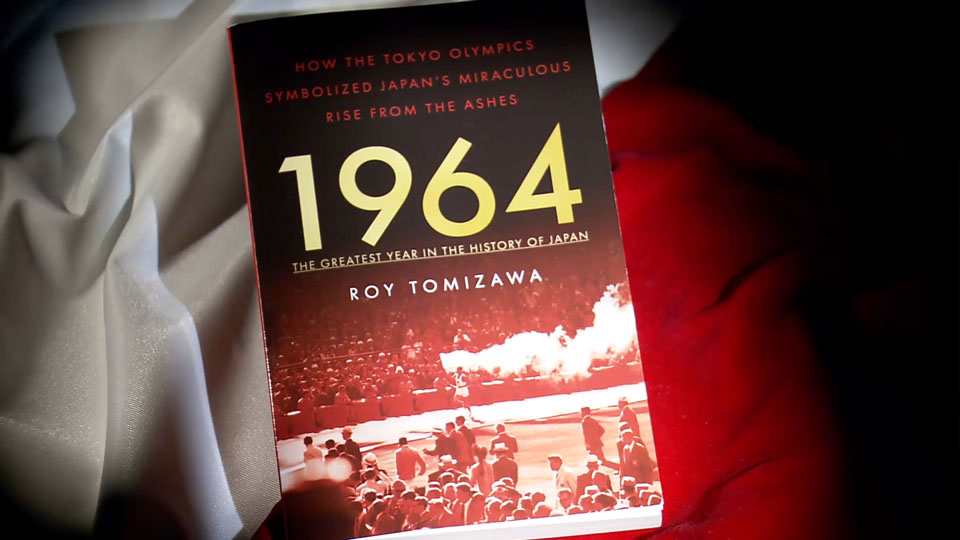
Roots in Fukushima
And Roy's connection to Japan doesn't stop there. He took me to the place where his grandfather was born in 1879 -- a small seaside community in what is now a part of the city of Minamisoma, in Fukushima prefecture. Kiyoshi Tomizawa was a high school student when he had a chance encounter with the American evangelist John Mott. Mott would later become the head of the Young Men's Christian Association and a Nobel Peace Prize laureate. Mott had encouraged him to study English and go to the United States. Kiyoshi followed that advice and crossed the Pacific, settling in California. He eventually established the first YMCA for Japanese-Americans, in San Francisco, and dedicated his life to serving his community.
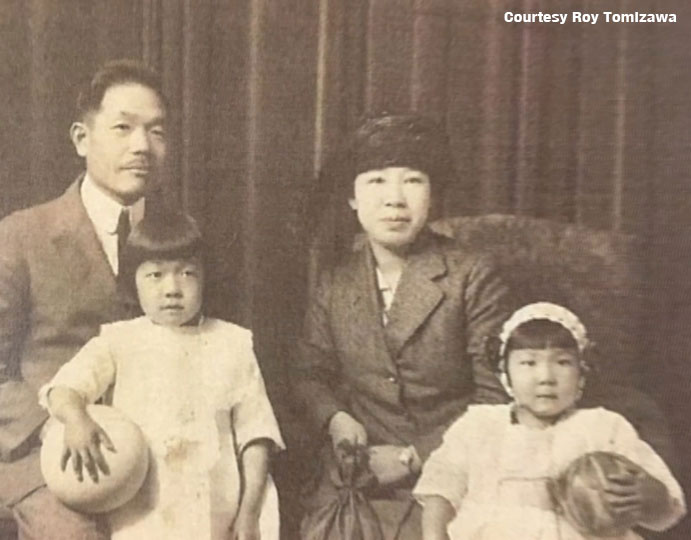
Roy traveled to Minamisoma for the first time at the age of 26. He couldn't speak Japanese, but still managed to track down some relatives, none of them spoke no English. Somehow, they communicated, and together they visited the seaside village of Roy's grandfather and the site of the family graves.
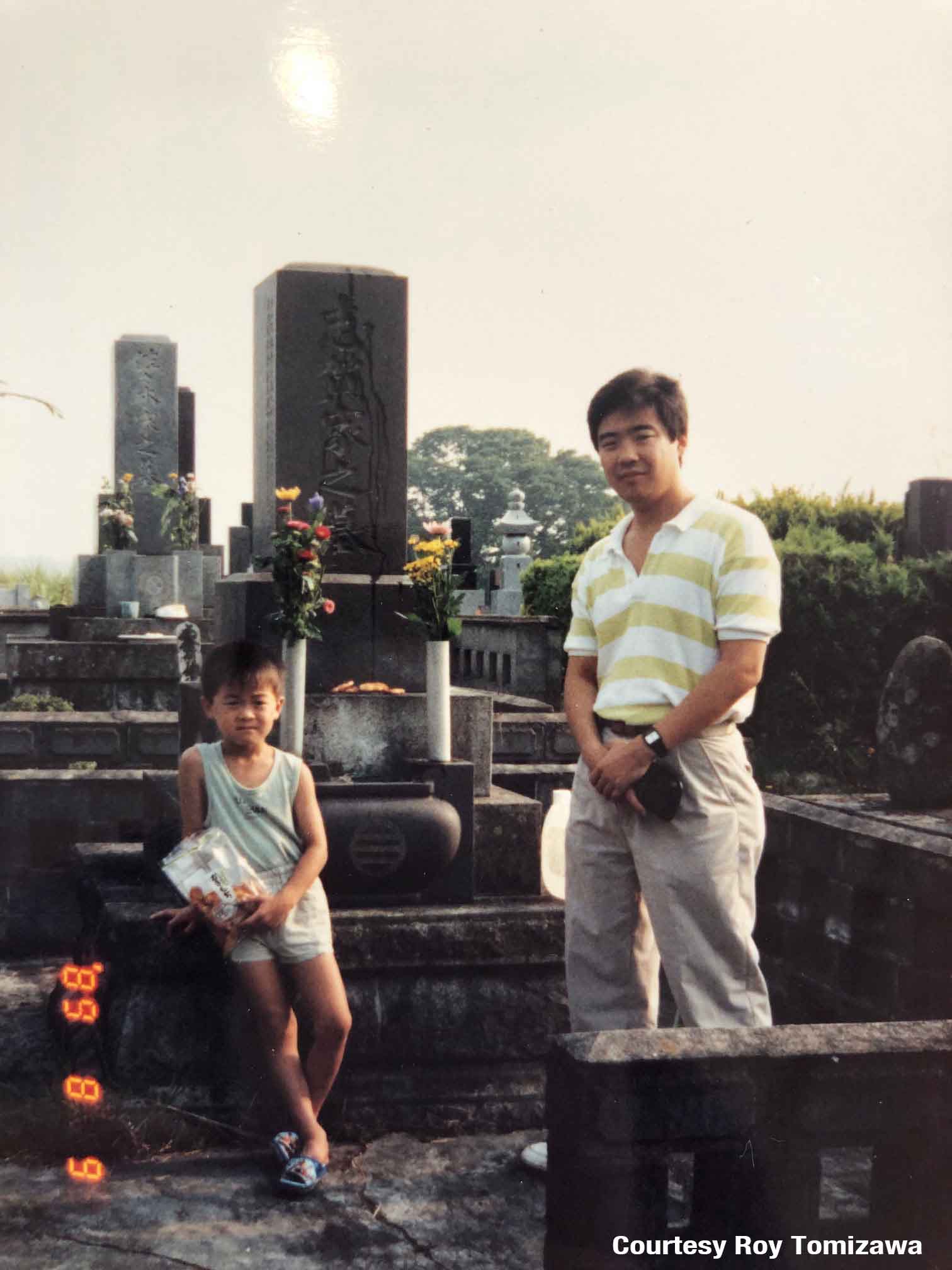
The massive earthquake and tsunami that struck Japan's northeast in 2011 was a double blow for Minamisoma, first devastated by the towering waves, then the meltdown at the Fukushima Daiichi Nuclear Power Plant.
The tsunami took so many lives, and those who survived had to evacuate fast to escape the nuclear fallout. Roy's second cousin Takashi Shiga had fled with his wife Hideko to a location outside the prefecture. They returned in March this year, eight years later, after authorities declared it safe to live there again. Many others have not returned because of the lack of jobs or fears about radiation. Shiga said he and his wife did not want to give up on the home where their ancestors had lived for generations.
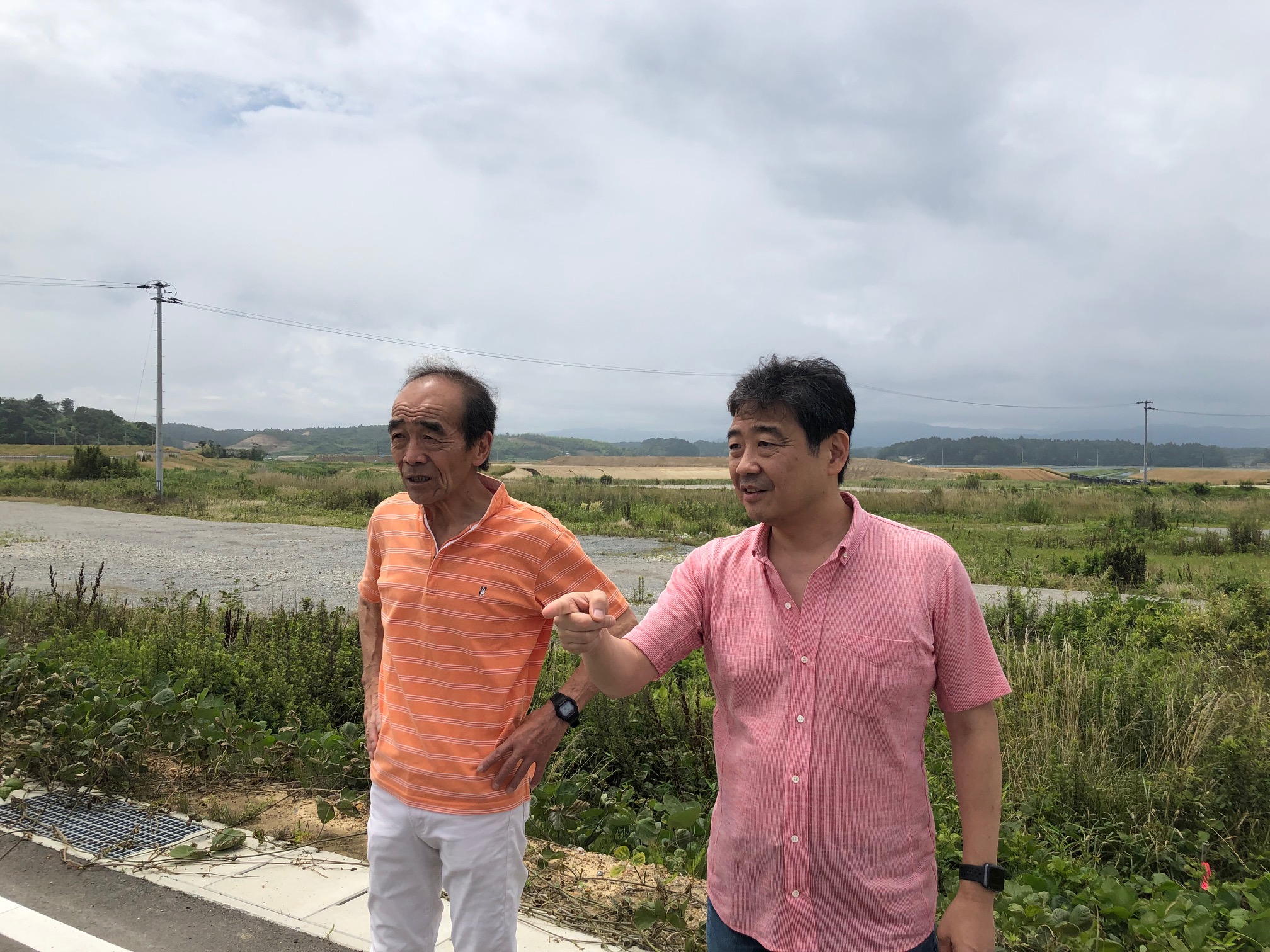
Starting Line for the Olympic Torch Relay
Olympics organizers have decided that Fukushima will play host to the start of the Olympic torch relay next March. The torch will be carried for three days through towns across the prefecture. Roy hopes to be a torch runner, celebrating with the local people. He calls the torch a symbol of resilience to show the world.

The torch is also a symbol for him personally, passed on by the Fukushima-born grandfather who made a new life in the United States, to his father Thomas reporting on the rebirth of Tokyo in 1964, and then to him preparing to witness the Summer Olympics of the 21st century in Japan.
"I'm looking forward," he exclaims, giving me a broad smile.
